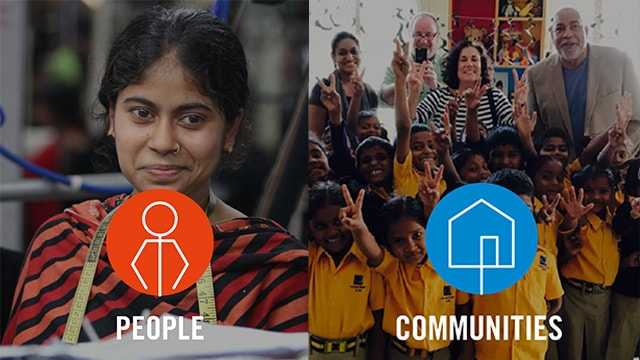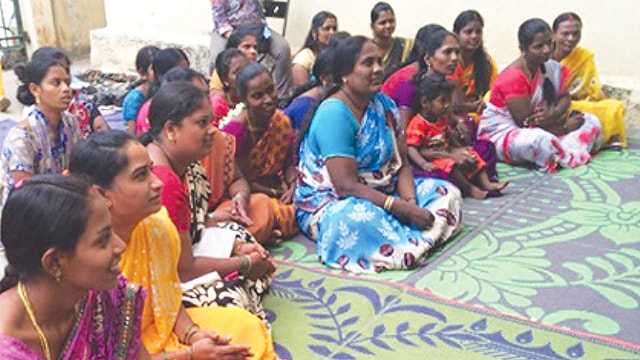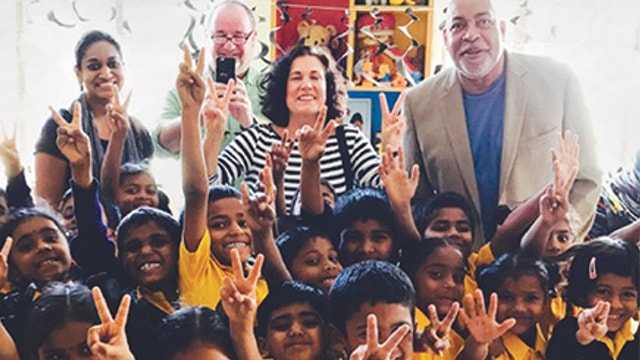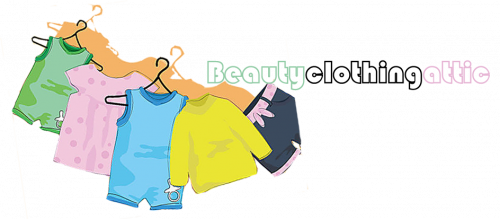
Launching new corporate responsibility (CR) strategy with ten commitments with an aim to drive positive impact throughout its value chain – from source to store – empowering people, preserving the environment and supporting the communities, PVH Corporation has come up with its CR Report 2016.The report mentions: “Increasingly, we are seeking ways to take safety lessons that we have learned in Bangladesh and apply them in other production countries, including India and Ethiopia.” The company also collaborated with many top brands like Nike, Patagonia and Columbia Sportswear on a training programme for fire and safety trainers in India and China. The report highlights its initiatives with regard to India also. Supporting children and women, water saving, fire and safety training are some of its focus areas in India.
With a total US $ 8 billion annual revenue, the company is working harder in 2017 with an increased focus on the environment and level two suppliers in its supply chain which covers raw material suppliers and wet processing units, including fabric mills, dye houses, printers, laundry/wash/finishing units, trim suppliers, embroidery units, converters/agents, moulders and tanneries. It even plans to roll-out a global animal welfare policy this year. Owning brands like Calvin Klein, Tommy Hilfiger, Van Heusen, Izod, Arrow, etc., the company sources good volume of apparels from Indian apparel exporters.

PVH is even developing water reduction and stewardship initiatives for its facilities, supply chain, product design and sourcing communities. In this regard, the company has plans to prioritize Southern India for collective action initiatives to protect water resources in these communities. Last year, it expanded ‘Save the Children Partnership to India’ and team members from ‘The PVH Foundation’ and ‘Tommy Cares Amsterdam’ were excited to have the opportunity to see first-hand how its grant supports children’s education in Bangalore. They even met with associates at PVH India to learn more about how they support local community initiatives. The next phase of the company’s multi-year grant will support early education for underprivileged children in Bangalore. “We aim to help more children attend Government-run pre-schools (‘Anganwadi Centers’) and improve the quality of education they receive, giving them a better start in life,” the report confirms.
To further support ‘Save the Children’ project, it has also established a dedicated training programme and space for Anganwadi workers and teachers, empowering mothers and caretakers through organized monthly “Parenting Sessions”. Additionally, it plans to advocate for higher educational standards at Anganwadi Centers with local Government officials. PVH has also directed US $ 1 million to support programmes in Sub-Saharan Africa as part of its US $ 5 million multi-year commitment to ‘Save the Children’.

Hence, in its totality, 2016 was a year full of action for PVH and it introduced two new features in its assessment tool based on feedback from key stakeholders and testing with a pilot group of suppliers. The first feature was evaluation of working hours in greater depth in order to better distinguish between special circumstances and workers systematically working overtime. By tracking working hours during peak, normal and low-production months, it can be better to recognize factories with poor management systems and provide them with appropriate tools for improvement. Its second feature was rewarding suppliers who created positive impacts (beyond the scope of the assessment), by capturing best practices during assessments, rather than simply penalizing non-compliances. Examples of best practices might also include providing free transportation or professional development opportunities for workers.
As a significant influence of all these initiatives, the company piloted a capacity-building programme with a small group of high-risk, orange-rated accessories factories and was able to identify effective practices that led to distinct performance improvements in working hours and compensation practices. It established clear expectations for remediation and provided Key Performance Indicator (KPI) tracking tools to help these suppliers identify risk proactively and make positive changes. All of the participating factories have addressed their most critical issues under this programme and moved from an “orange” to a “yellow” rating.
PVH’s CSR efforts do not stop here. It aspires to scale greater heights than those already attained. Therefore, the company has also launched a new global human resources and payroll solution (workday) in the US and Canada that will be rolled out to the rest of its offices globally, starting in Asia in 2017. The customized benefits portal connects directly to workday, where associates can access all of their data, including pay and benefit information, in one location. In 2016, it completed the programme of chemical management training for all its level 1 supplier and supply chain teams and began to train some of the level 2 suppliers, providing a total of approximately 6,300 hours of training. For the company, 2016 was a foundational year for its sustainable packaging initiatives. PVH also held its first sustainable packaging summit in the same year to explore insights, resources and solutions that will help its businesses reduce their packaging and send zero waste to landfill.

Leave a Reply